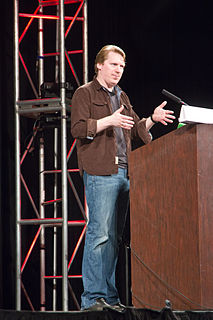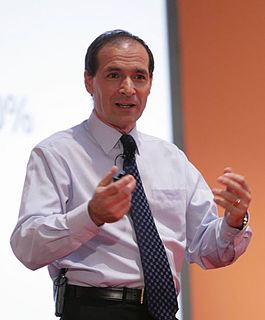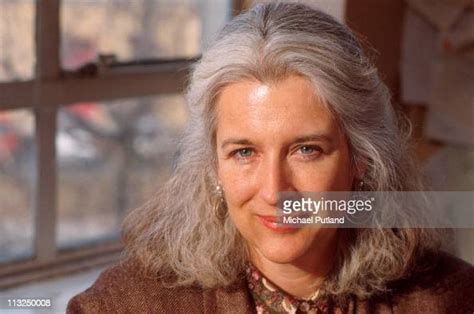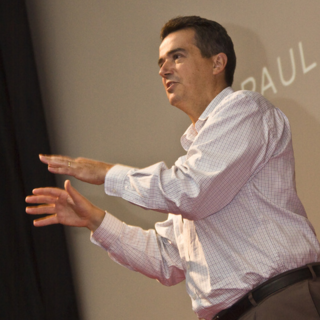A Quote by Cameron Sinclair
It angers me when sustainability gets used as a buzz word. For 90 percent of the world, sustainability is a matter of survival.
Related Quotes
Sustainability has become a religion in architecture - not that there's anything wrong with it - but I think it has to work both ways. Everyone thinks architecture has to be subservient to sustainability, but what if we thought in the other direction, like, what can sustainability do to make architecture more exciting?
Often, sustainability is discussed only in the context of energy. Energy sustainability is essential - but the word has a much broader meaning. It means long-term thinking about how we manage our businesses, invest in social spending, and plan for the future. This requires vision and leadership, and it requires citizen engagement.
Sustainability is especially ripe for political controversy and opposition because fundamentally it is a new paradigm that represents significant challenges to the status quo. The paradigm of sustainability, with its notions of limitations and carrying capacities confronts dominant paradigms of progress which do not recognize limits to unchecked growth
Positive deviance means doing the right thing for sustainability, despite being surrounded by the wrong institutional structures, the wrong processes and stubbornly uncooperative people. That is what sustainability-literate leadership means today. Surrounded by evidence of rampant unsustainability it is not possible to say 'I did not know'
The idea of sustainability can imply there is one perfect, unchanging future, if only we could work out how to get there. Resilience might be more useful, in that it assumes a dynamic environment and that perfection is impossible. You need to design systems to accommodate failure rather than eliminate it. By trying to be perfect, many visions of sustainability are quite brittle
If sustainability is going to take hold in the corporate sector in a big way - and we need it to - it will be when it produces big profits and faster growth. It won't happen because of an optional executive commitment to an abstract concept. It will happen because sustainability is a great business strategy. And it is






































